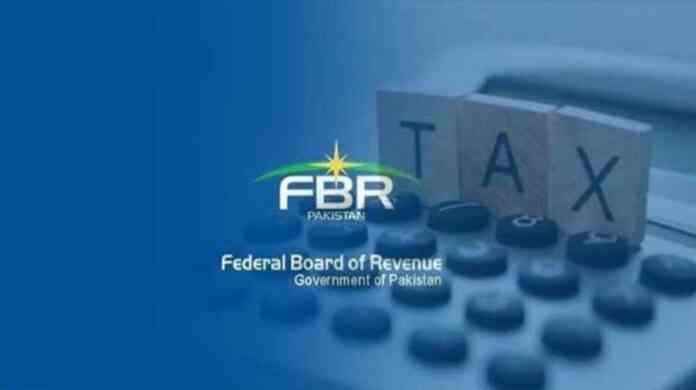Islamabad – August 4, 2025: Amid a wave of fury sweeping across Pakistan’s business community, the Federal Board of Revenue (FBR) has finally broken its silence on the much-feared Section 37A of the Sales Tax Act, 2025.
In a dramatic move aimed at calming tempers and restoring trust, the FBR issued an elaborate explanation through Sales Tax Circular No. 2 of 2025-26, to clarify what it calls “misunderstandings” about the revamped Section 37A—an amendment that had sparked widespread panic and a powerful nationwide shutter-down strike on July 19.
With growing unrest among traders, many of whom feared being subjected to arbitrary arrests and harassment under the new section, the FBR has stepped in to cool the flames. According to the official statement, the substitution of Section 37A has been executed with safeguards and multi-layered approvals—making it anything but a free pass for abuse of power.
The FBR emphasized that the purpose of 37A is not to recover revenue but to create deterrence against sales tax fraud, a menace that continues to cost the national exchequer billions. “The prosecution powers under Section 37A are not meant for revenue recovery but serve as a strong warning to tax fraudsters,” the FBR clarified.
Here’s where it gets interesting: under the restructured Section 37A, no Officer of Inland Revenue can initiate any inquiry without solid material evidence and prior approval from the Commissioner. Only after the accused is given a chance to be heard, and only if the case holds water, will further investigations be permitted. Even then, the officer has a strict timeline of three months to submit a report to the Special Judge for prosecution.
The arrest powers, which have been the flashpoint of public outcry, are now tightly controlled. The dreaded subsections (8) and (9) of Section 37A—dealing with arrest—will only come into play once full-fledged investigation is underway. Moreover, an arrest warrant can only be issued after approval by a high-powered committee of three senior FBR members, and only when the alleged fraud involves over Rs50 million and fits into specific categories, such as:
• Use of fake invoices or forged documents
• Bogus input tax claims
• Issuing invoices without real supply
• Destruction of key records
• Manipulation of the FBR’s return filing system
• Fictitious compliance under section 73
In these grave cases, the FBR says it is justified in using the full weight of Section 37A to bring culprits to justice—while ensuring no innocent gets caught in the dragnet.
However, the FBR also outlined three key preconditions that must be met before any arrest can proceed under Section 37A:
1. The accused is likely to tamper with evidence
2. The accused is at risk of absconding
3. The accused has failed to respond to at least three formal notices
In a further bid to show it means business without trampling rights, the FBR added that the Commissioner may compound offences if the tax along with default surcharge and penalty is paid in full—a pathway out for those willing to come clean.
And in another significant step, the FBR pledged to issue a Sales Tax General Order (STGO) laying out detailed procedures, preconditions, and restrictions for implementing arrest-related provisions under Section 37A. It’s a move clearly aimed at satisfying critics and ensuring legal checks are firmly in place.
This strategic clarification marks the FBR’s attempt to douse the flames of rebellion while keeping its war on tax fraud alive. Only time will tell whether the business community accepts this explanation or reignites its protest—but for now, the FBR seems to have diffused the ticking time bomb that was Section 37A.
